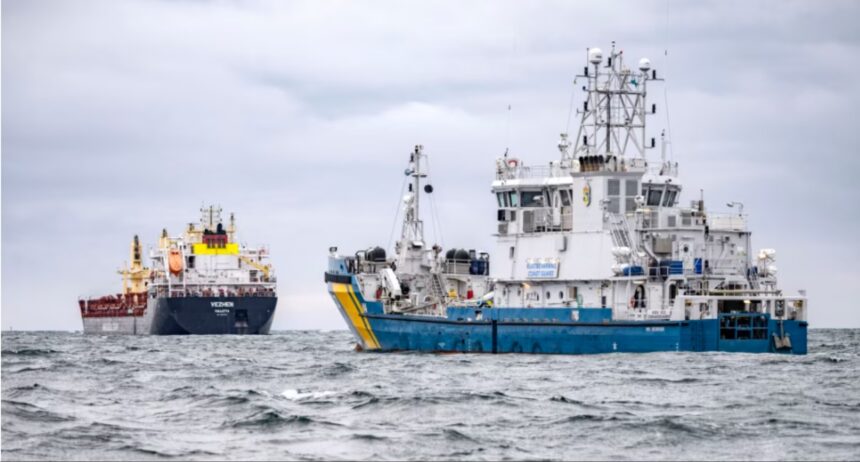Russia has significantly increased sabotage operations across Europe, according to a new report. The number of attacks on critical infrastructure has quadrupled since 2023.
The findings, published by the International Institute for Strategic Studies, align with growing reports from media outlets, indictments, and intelligence warnings, which claim that Moscow has made covert sabotage and surveillance operations a top priority, aiming to destabilize European governments.
“While Russia has so far failed to achieve its main goal, European capitals have struggled to respond to Russian sabotage operations, finding it difficult to develop a unified response, coordinate actions, build effective deterrence measures, and impose sufficient costs on the Kremlin,” the London-based institute stated in its report, as cited by RFE/RL.
The scale of so-called hybrid attacks attributed to Russia includes arson, incidents where ships damaged undersea communication cables, disruptions of GPS satellite navigation signals, and cyberattacks on computer infrastructure.
Most sabotage incidents, according to the report published on August 19, occurred in Ukraine or were linked to European efforts to support or supply Ukraine with military and civilian equipment.
The rise in incidents coincided with Russia’s full-scale invasion of Ukraine, launched in February 2022, and grew sharply during 2023 and 2024, quadrupling over that period.
The report also found a slowdown in attacks in the first half of 2025, although the reasons remain unclear.
European and Western governments expelled dozens of Russian intelligence officers, many of whom had been operating under diplomatic cover, even before the Ukraine invasion.
This forced Russian agencies to rely on proxy operations and mercenaries, recruiting individuals—some unknowingly—to carry out sabotage or other missions.
Last month, a British court sentenced three men for an arson attack on a London warehouse storing equipment destined for Ukraine. Prosecutors said the plot was orchestrated by operatives linked to the Russian mercenary group Wagner.
In a related case, three Ukrainians were charged with attempting to set fire to properties linked to UK Prime Minister Keir Starmer.
“Russia has exploited loopholes in legal systems through its ‘gig economy’ approach, enabling it to avoid accountability and identification. Since 2022 and the expulsion of hundreds of its intelligence officers from European capitals, Russia has been remarkably effective in recruiting third-country nationals online to circumvent European counterintelligence measures,” the report noted.
Russian officials have not yet commented on the report.
The report also emphasized that European governments have underinvested in maintaining the security of critical infrastructure, despite growing concerns that this covert campaign may be part of Russia’s long-term strategy.
“Some NATO member states have assessed Russia’s unconventional warfare as part of its long-term preparations for a potential military confrontation with NATO,” it added.







